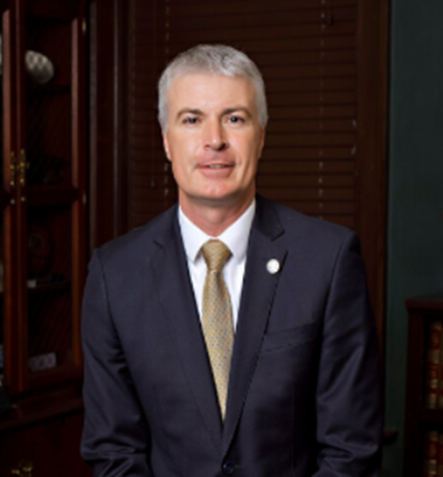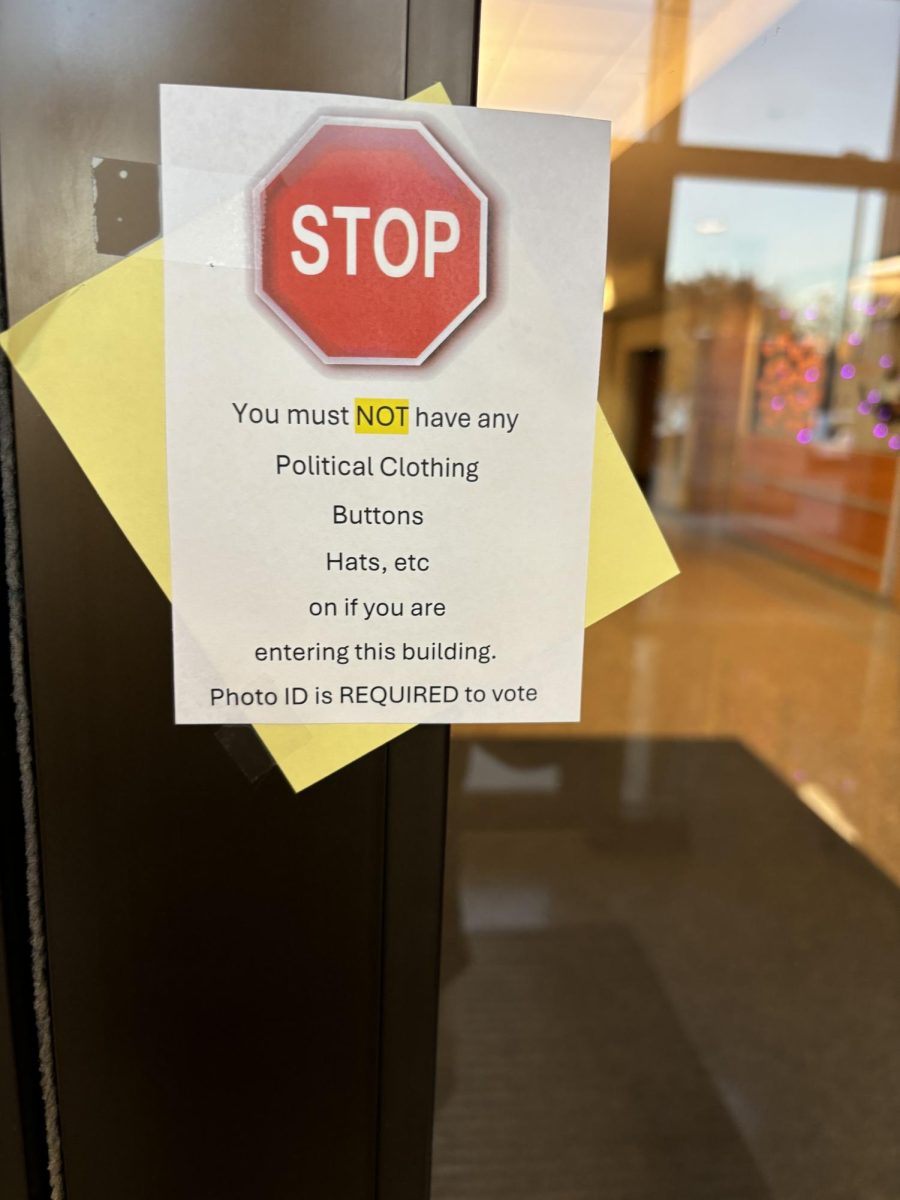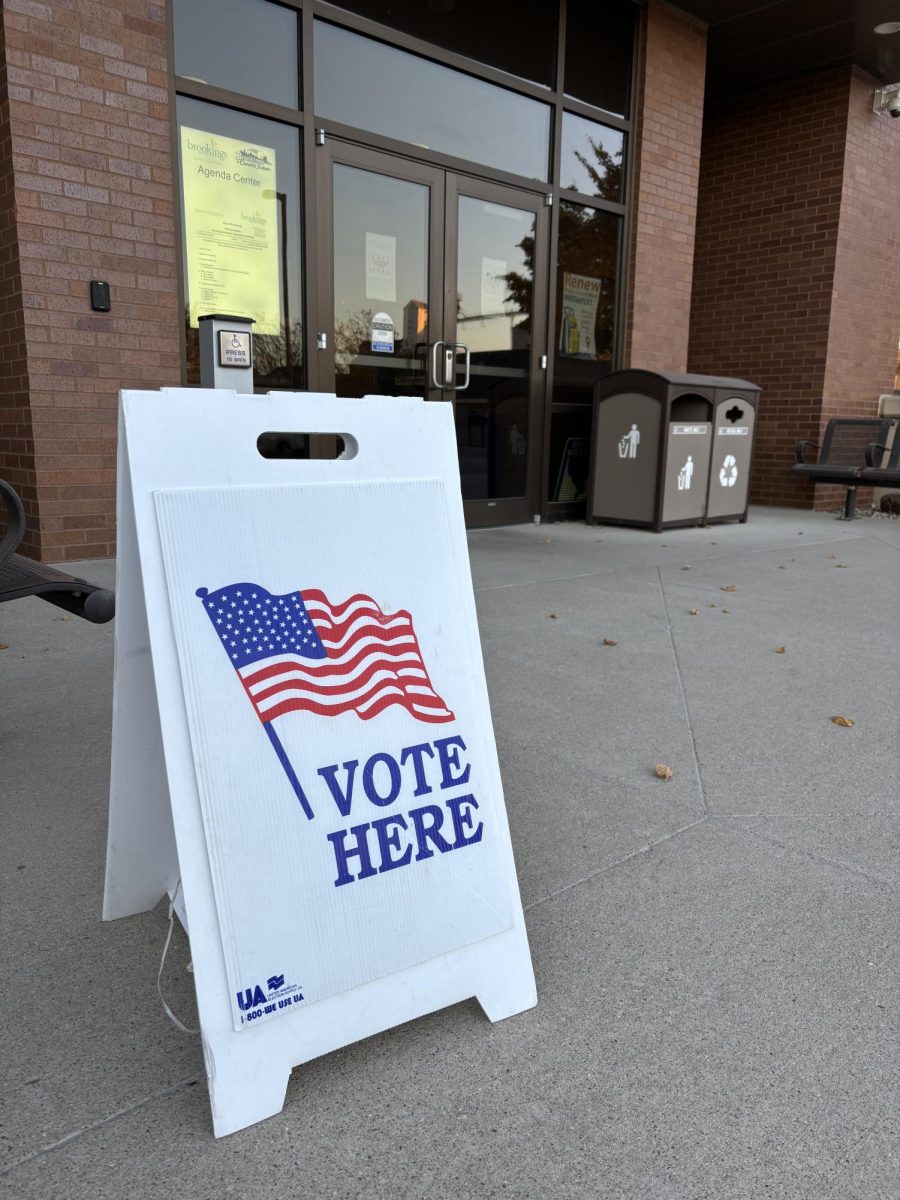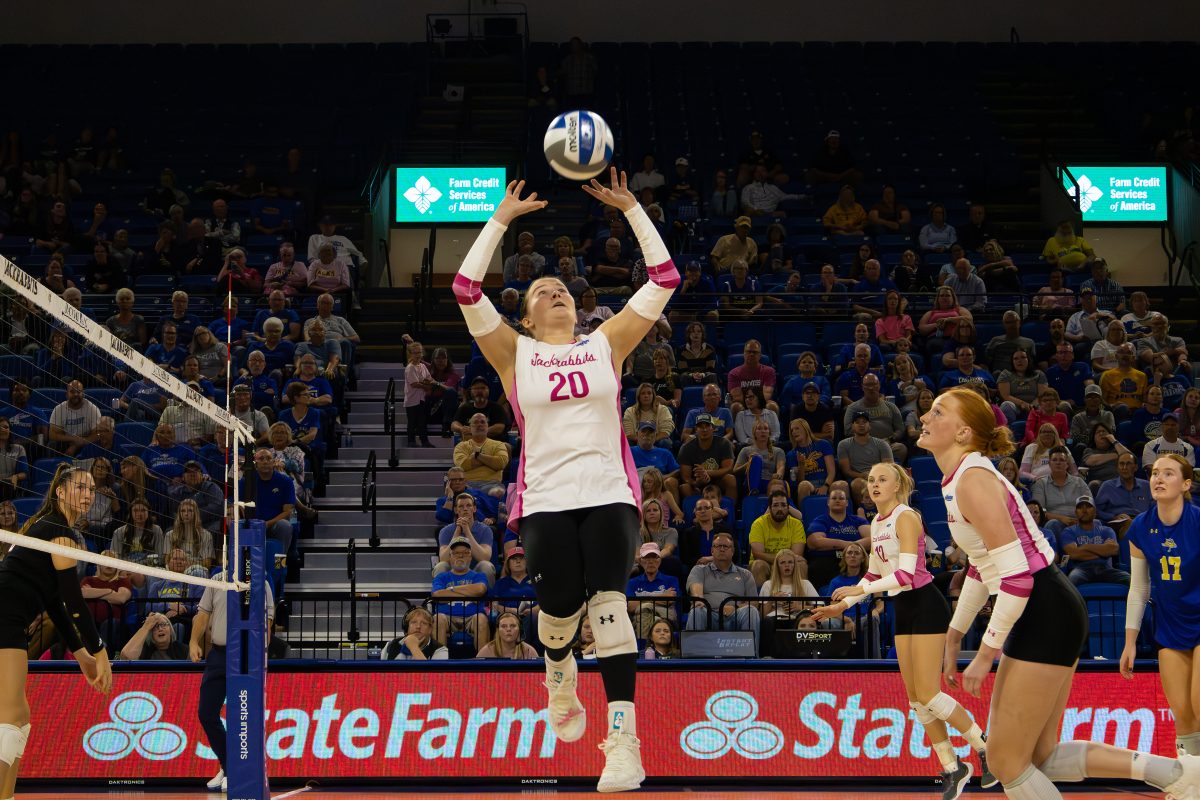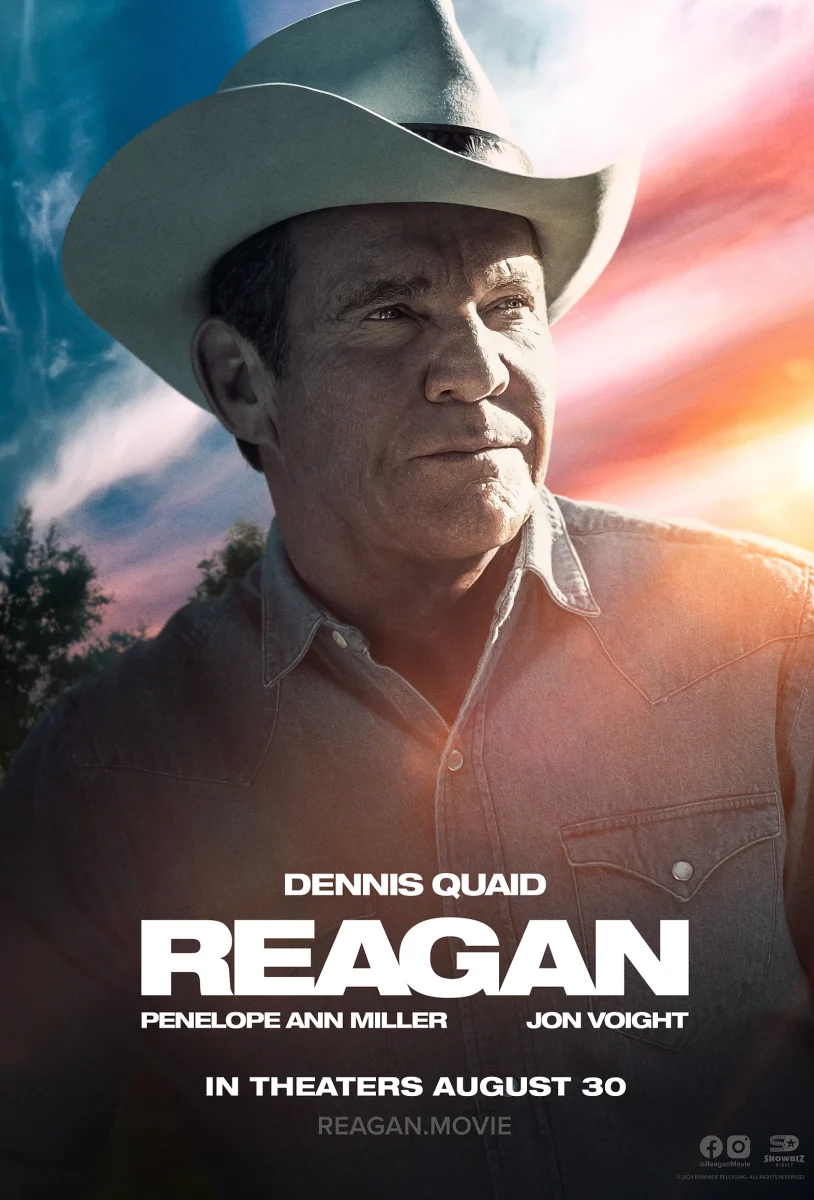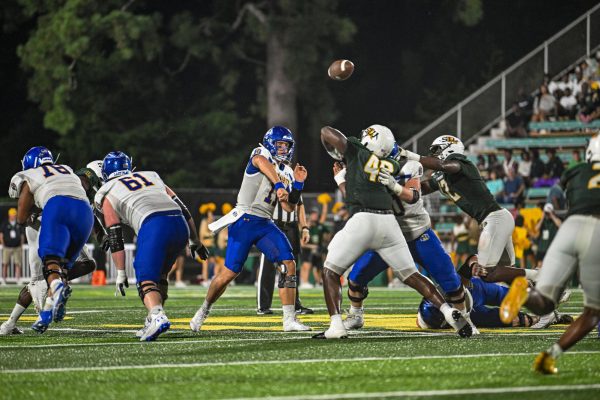Movie hopes to inspire others’ strengths
February 28, 2012
As a person of faith, I feel compelled to ask myself what qualities it takes for any one of us to address an injustice much bigger than we are. How do we look within ourselves to find those strengths that give us the power to make a real difference?
One of my personal heroes is Shelby Knox, a brilliant young woman who finds the inner strength to address a crisis in her hometown of Lubbock, Texas. Shelby is the subject of an award-winning PBS documentary, “The Education of Shelby Knox.”
When the filmmakers begin to follow Shelby, she is a popular, musically talented 15-year-old. We meet Shelby as she makes a pledge of abstinence until marriage at her church, the center of her social life. Her pastor teaches sexuality education in Lubbock’s public schools and the district’s abstinence-only policy prohibits teachers from informing students about contraception or birth control.
Shelby hasn’t grown up questioning her church, but upon learning that Lubbock has the highest rate of teenage pregnancy and sexually transmitted infections in the nation, she begins to experience a conflict of faith. Shelby realizes that while her church’s moral teachings might guide her own choices in life, they do not fulfill the public schools’ responsibility to teach students about their health.
Shelby becomes a passionate advocate for comprehensive sexuality education in the schools through the local youth council, and quickly finds out just how hard change can be. Strangers and friends judge her. Church leaders intimidate her. Even her family pressures her to let the issue go and return to the easy life she enjoyed before this cause became her priority.
I have wondered what it is about Shelby Knox that enables her to stand up and stand out from the community that raised her. One tense moment in the film captures her meeting with a regional church leader who suggests she is compromising her values as a Christian. Though Shelby is visibly shaken, she finds the words to reply that she will not have her faith belittled—in fact, it is her faith that demands she think for herself and challenge the policies that are failing the community’s youth.
I admire Shelby’s humility, the quality that stops her short of judging others. I also admire Shelby’s courage to question injustice and search for truth, even when it’s the unpopular thing to do. Maybe Shelby’s story speaks to me because I see a bit of myself in her and relate to her feelings of loneliness on her chosen path.
When I began seminary a decade ago, I knew as a young adult and as a woman, I was entering a field where I would be in the minority in many parts of the country, even though my denomination had been ordaining women since the 1850s. Though it has gotten easier over the years, I can relate to the parts of the film when Shelby’s parents (and even Shelby herself) wish she had taken the easy road. I can see Shelby simply doesn’t have it in her to give up, and every time I watch the film, her grace and dignity inspire hope in my heart; hope that we might all see a little of ourselves in Shelby’s story, and look within to find the unique strengths that the world needs us to share.

